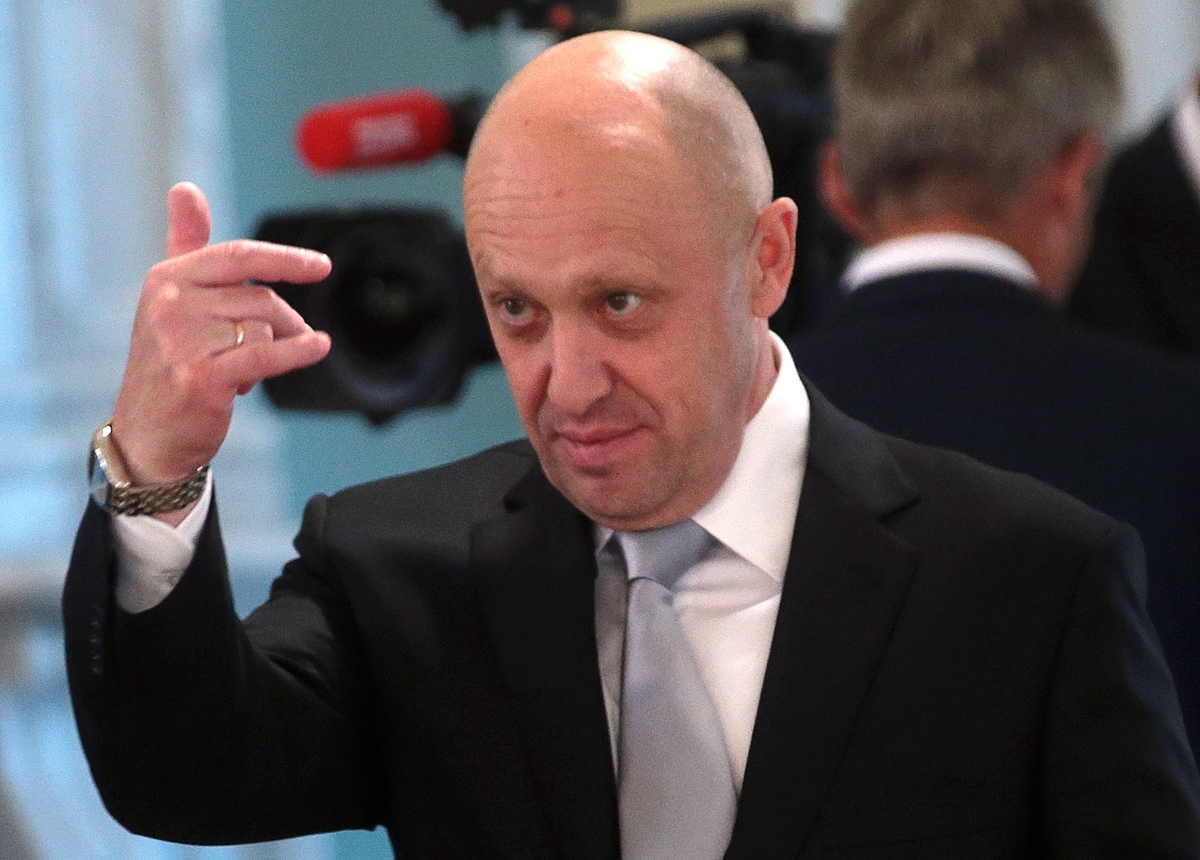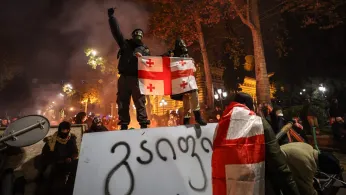
Scary extrajudicial murder accusations raise questions about Putin’s managerial competence

Evgeny Prigozhin. Photo credit: Mikhail Metzel/TASS
What happened
The list of crimes attributed to “Putin’s chef” Yevgeny Prigozhin just got longer. He is already alleged to have interfered in the U.S. elections and be the main sponsor of a private military company deployed across the world — but now he has been accused of killing Russian opposition bloggers and testing deadly poisons on Syrian soldiers. Evidence of cronies from Putin’s inner circle committing these sorts of murders is not only deeply disturbing in its own right, but bad news for the Kremlin.
- A reporter for Russian newspaper Novaya Gazeta talked at length with a man called Valery Amelchenko who claims to have worked with a group that took orders from Prigozhin’s security team in 2016-2017 to attack and kill selected individuals. You can read the story of the investigation in English here. The victims were either in a business disputes with Prigozhin or opposition bloggers. The most shocking of all the alleged episodes was Amelchenko’s description of a group visiting Syria in February 2017 to conduct experiments with poison on members of pro-Assad volunteer units. Moreover, Amelchenko said his group carried missions in European countries, but Novaya Gazeta has no details yet. The newspaper’s story looks credible: Denis Korotkov, the journalist who wrote the article, has been writing about Prigozhin for several years and played a key role in reporting on events in Syria where Prigozhin’s private military company, Wagner, saw action.
- A gang of crooks that carries out extra-judicial killings — to say nothing of experimenting with poisons on Syrian soldiers — are practices well outside the usual rules of the game in Russia. Opposition activists are regularly jailed, but, until now at least, murdering people without trial is an accusation that has only ever been levelled at Chechen leader Ramzan Kadyrov. This sort of story being aired in the press is uncomfortable for the Kremlin, not least because Washington is soon expected to announce sanctions against Russia for the poisoning of the Skripals in the UK.
- This is not the first time Prigozhin has caused trouble for the Kremlin. In February 2018, there was a battle between Russian mercenaries from Wagner and U.S. troops in Deir-al-Zour, Syria, which nearly ended up in a direct military conflict between the U.S. and Russia. Co-operating with Prigozhin and Wagner has become too risky even for the Ministry of Defence, which was known to award Prigozhin state contracts worth hundreds of millions of dollars. From 2017, Prigozhin’s companies no longer win big contracts and the Ministry has stopped giving military equipment to Wagner.
- It’s impossible to say how close Prigozhin really is to Putin, or whether he has the Kremlin’s backing, but the “Putin’s chef” moniker has stuck to him forever and his actions are considered by most in the West to be Kremlin approved. This means that many people in Russia’s government — if they are in their right mind — can’t approve of his actions, particularly when he is reckless enough to experiment with poisonings. After all, Prigozhin was Putin’s own personal chef: how can Putin be comfortable with taking food from a person who is known to poison people left, right and center? But don’t forget that the Russian authorities are not a monolith and those who work with Prigozhin may have their own aims that are not necessarily in tune with those of the Russian state.
Why the world should care
Every new revelation about Prigozhin poses a question: who wields real influence over Putin? In autocratic states, people in physical proximity to the leader are often more influential than high-ranking officials: and who can be closer than a chef or bodyguard? In the last few months, we have learnt a lot about both Prigozhin and Putin’s bodyguard, Viktor Zolotov, now the head of the 300,000-strong National Guard, who publicly threatened opposition leader Alexei Navalny. If there really are action-loving and dim-witted people in Putin’s inner circle it is a serious danger to both Russia and the whole world.



